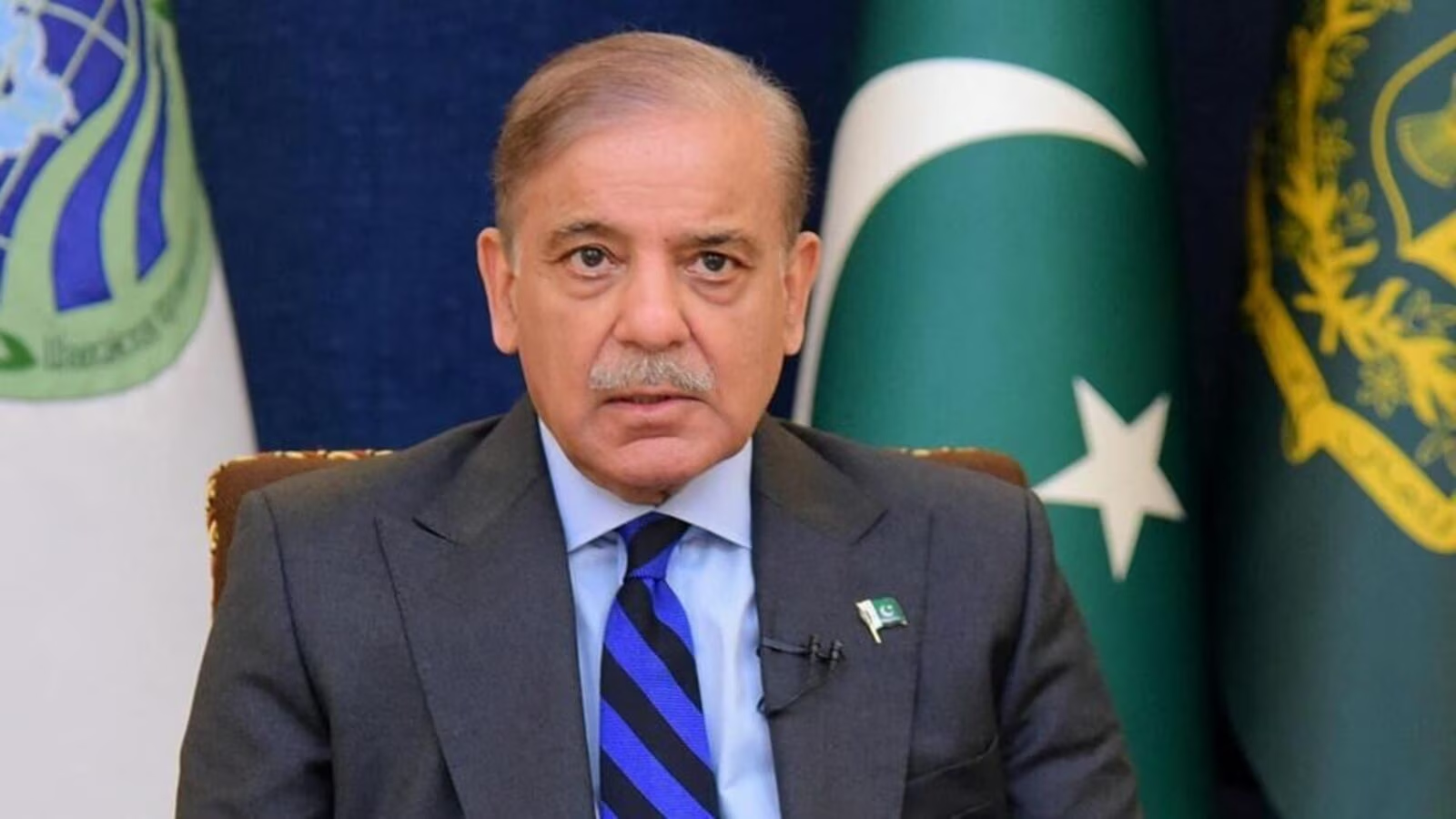Prime Minister Shehbaz Sharif lamented that the burden of debt has compromised the future of Pakistan’s generations and expressed deep concern over the possibility of returning to the International Monetary Fund (IMF) for another loan in three years. Speaking at a signing ceremony for a significant initiative aimed at the solarization of agricultural tube wells in Balochistan, Sharif emphasized the need for federal and provincial governments, along with relevant institutions, to collaborate to break free from this debt cycle.
Sharif warned that failing to make tough decisions now would result in Pakistan seeking IMF assistance again. Pakistan is currently aiming to secure a staff-level deal for an IMF bailout exceeding $6 billion this month, after meeting all requirements set by the Washington-based lender in its annual budget.
The country’s debt has escalated since the mid-2000s due to mismanagement of loans from international bondholders and countries like China and Gulf nations, which were not invested in productive, export-oriented sectors. Finance Minister Muhammad Aurangzeb echoed this sentiment, stating that Pakistan would continue to seek IMF bailouts unless it significantly boosts tax revenue. Aurangzeb expressed confidence in reaching a staff-level agreement for an estimated loan of $6 to $8 billion but stressed that without improved tax revenues, this would not be the last IMF program for Pakistan.
Last month, the federal government presented a tax-heavy budget of Rs18.877 trillion for the fiscal year 2024-25 (FY25), aiming to increase public revenue and satisfy the IMF’s demands for better tax collection. The budget targets raising Rs13 trillion by next July, a 40% increase from the current year, to reduce a crippling debt burden that consumes 57% of government revenue through interest payments.
Prime Minister Sharif acknowledged the necessity of the IMF deal, which must be finalized this month. He assured that measures to provide relief to the poor would be discussed in Islamabad and reaffirmed the federal government’s support for Balochistan’s development and prosperity.
Sharif stressed the importance of security and law and order for attracting investment in Balochistan and Khyber Pakhtunkhwa. He noted that the Safe City project in Gwadar had stalled but expressed confidence in Gwadar’s potential to surpass the benefits of the Reko Diq mines. The government remains committed to transforming Gwadar into a thriving port and eradicating terrorism.
The solarization of agricultural tube wells in Balochistan is part of broader government efforts to address Pakistan’s economic challenges and promote sustainable development. During the ceremony in Quetta, an agreement was signed between the federal and Balochistan governments, with federal ministers, the governor, the chief minister of Balochistan, and provincial cabinet members in attendance.
Sharif announced that around 28,000 agricultural tube wells in Balochistan would be shifted from electricity to solar energy, a project costing Rs55 billion, with 70% funded by the federal government and the remainder by the Balochistan government. Chief Minister Mir Sarfaraz Bugti assured the project would be completed in three months, potentially saving Rs90 billion annually.
In the next phase, the government plans to solarize 1 million agricultural tube wells nationwide, saving $3.5 billion on imported fuel annually. Additionally, a 10% quota for Balochistan students will be set for professional training in China and Information Technology training under Huawei, funded by the federal budget. Sharif also announced funding for Danish Schools in Balochistan and expressed hope that the provincial leadership would continue to contribute to the province’s development and prosperity.










